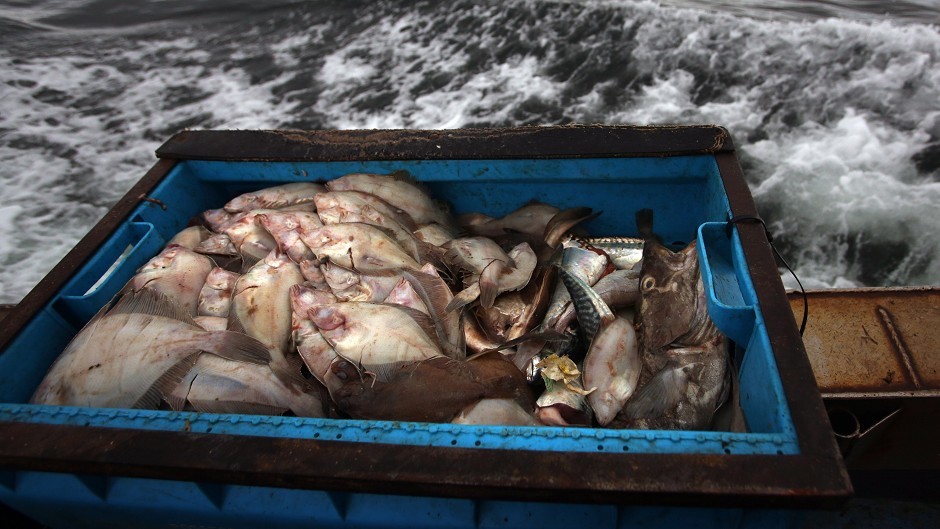Fresh claims of a catastrophic decline in global fish stocks are a distortion of the truth, a leading industry body said yesterday.
Europeche, which represents 13 fishing organisations in nine EU countries, said evidence presented by conservation group WWF in its Living Blue Planet report could just as easily be interpreted as three decades of stability for marine life.
A “crisis” in global oceans depicted by WWF is wholly based on data for the period from 1970 to 1988 and marine populations have hardly changed since then, Europeche said.
According to WWF, whose report uses figures for 1,234 species of mammals, birds, reptiles and fish from the Zoological Society of London and statistics from the United Nations’ Food and Agriculure Organisation (FAO), there was a 49% decline in the size of marine populations between 1970 and 2012.
“These findings spell trouble for all nations,” WWF said, adding: “Many species essential to commercial and subsistence fishing – and, therefore, global food supply – are significantly depleted due to over-fishing”.
But Europeche accused WWF of misleading people in the way it presented its findings.
Kathryn Stack, the fishing group’s managing director, said: “The report states that 61% of commercial fish stocks are fully exploited, misleadingly implying that these stocks are overfished and not sustainably exploited.
“In fact, if we look at the FAO report in question, it clearly states that over 70% of global fish stocks are within biologically sustainable levels.
“It is unacceptable that an organisation such as WWF can be allowed to distort information which has a huge impact on the fishing sector’s reputation.”
Europeche president Javier Garat added: “The number of stocks within safe biological limits has almost doubled in the last decade.
“The definition of over-fishing has also evolved so much over the years. Where once it meant stocks below a safe minimum, it now means stocks not yet at maximum in terms of sustainable yield (the sixe of catch that can be taken over a set period without harming a stock’s chances of replenishing itself).
“What would once be considered healthy is now considered over-fished. Even by this new definition, a decline in the number of ‘over-fished’ stocks could be seen well before maximum sustainable yield targets were in put in place during the CFP (Common Fisheries Policy) reform.
“Misleading reports such as these only serve to push the sector into further disrepute at a time when our fishermen are making huge progress towards achieving sustainable fisheries.”
North-east skipper Peter Bruce, of the Peterhead-registered Budding Rose, said non-governmental organisations like WWF ought to be “praising the fishermen on the good work they have done to help stocks recover”.
